Spain: Three ways to face upcoming renovation of La Rosaleda
source: StadiumDB.com; author: Jakub Ducki
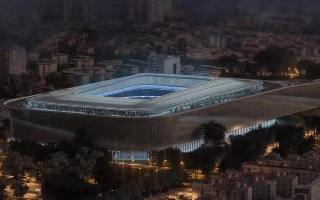 In view of the preparations for the 2030 World Cup, La Rosaleda stadium in Málaga is facing a comprehensive refurbishment. This process requires key decisions to be made regarding the possible temporary relocation of the team. The City Council is considering various options.
In view of the preparations for the 2030 World Cup, La Rosaleda stadium in Málaga is facing a comprehensive refurbishment. This process requires key decisions to be made regarding the possible temporary relocation of the team. The City Council is considering various options.
Advertisement
Modernisation of La Rosaleda
The upcoming 2030 World Cup, which Spain will co-host, necessitates the modernisation of La Rosaleda in Málaga. The stadium, where Málaga CF currently plays its matches, must meet FIFA's minimum capacity and technical standards. The renovation of the Martiricos stadium is a necessity, but the process poses significant challenges - most notably regarding where the Málaga CF team will play during the works.
Fans are certainly looking forward to the development as it will change the stadium beyond recognition. Football in Spain is, of course, very popular, yet many fans are looking for alternative activities, including online. Increasingly popular around the world are online casinos, so you can join the best casino roulette sites, where you will find reliable deals and special bonuses.
As Sports Councillor Borja Vivas pointed out during the Billie Jean King Cup 2024 conference, the modernisation of La Rosaleda is a topic that is constantly up for debate. It seems almost certain that work on the stadium will prevent the team from continuing to play games at the current venue. The authorities are considering how best to resolve the issue to satisfy both fans and the club.
Various options, none perfect
Three main scenarios are being considered: playing at the Ciudad de Málaga athletics stadium , building a modular stadium on the outskirts of the city or - and this seems the least likely - continuing to play at La Rosaleda during the renovation. However, each of these options presents a number of problems. The Ciudad de Málaga stadium, although a viable alternative, has a capacity of only 7,500 seats, which is insufficient for Málaga CF's 26,500 season ticket holders. Moving to this venue would therefore require a significant increase in capacity, which, as Vivas points out, will be difficult but not impossible.
The alternative, if it is done at Ciudad de Málaga, is to supplement the capacity as much as possible to reach a capacity as close as possible to that of La Rosaleda
said Vivas. However, this scenario seems complicated, not only because of the infrastructure of the stadium, but also because of the need to share it with the rugby team.
Another option under consideration is the construction of a temporary, modular stadium on the outskirts of Málaga, following the model used by Real Zaragoza. Such a stadium could accommodate a larger number of fans, but this would involve serious costs and logistics. In addition, some sources report that such a solution could prove to be short-lived and not meet infrastructure requirements in the long term.
City and club are looking for best solution
Sergio Pellicer, coach of Málaga CF, has also commented on the renovation of the stadium and the possible relocation of the team. In his statements, he stressed that the priority is to provide the team with conditions for daily work and the possibility of further development, which cannot be pushed to the back of the agenda.
As a coach, we want to work in the best possible conditions. Anything that is good for the city is ideal, but you also have to think that there is a football team and important things happen every week on the pitch, you have to take that into account,
- Pellicer pointed out.
The coach is concerned that the change of stadium could affect the quality of the players and the entire staff, which in turn could have negative consequences for the team's sporting form. However, despite these doubts, the city authorities are aware that the renovation of La Rosaleda is inevitable and must be carried out in a way that will guarantee success in the context of the World Cup.
Massive investment
The cost of renovating the Martiricos stadium is estimated to be around €230 million. This is significantly more than the original forecasts, which hovered around €150 million. Francisco de la Torre, mayor of Málaga, has assured that the three administrations involved in the project - the City Council, the Junta de Andalucía and the Provincial Council - are prepared for the financial effort, although he does not rule out the possibility of attracting support from private investors. The municipality is also working with international consultancy CBRE, which is tasked with assessing the stadium's potential and its future potential to attract private capital.
La Rosaleda as one of the 2030 World Cup stadiums
All parties involved in the project agree that the expansion of La Rosaleda is essential if Málaga is to meet FIFA requirements and host the 2030 World Cup matches. The stadium is planned to have a capacity of at least 45,000 and, possibly, modern features such as a sliding turf system and a retractable roof.
A hotel and commercial spaces are to be part of the project . The facility should be vibrant at all times so that it can make money, or at least not make a loss. An interesting amenity is to be a promenade along the crown of the stadium, available to walkers on a daily basis. Revitalisation of the immediate surroundings is also planned as part of the investment.
The project is due to start in early 2025 and will take three years. During the works, the facility is expected to remain functional, although parts of the stands will need to be temporarily taken out of use. The costs were to be shared equally between the city, provincial and regional authorities, but due to a significant increase from the original estimates, private stakeholders, including a hotel chain, are also expected to participate in the project.
Advertisement
 StadiumDB
StadiumDB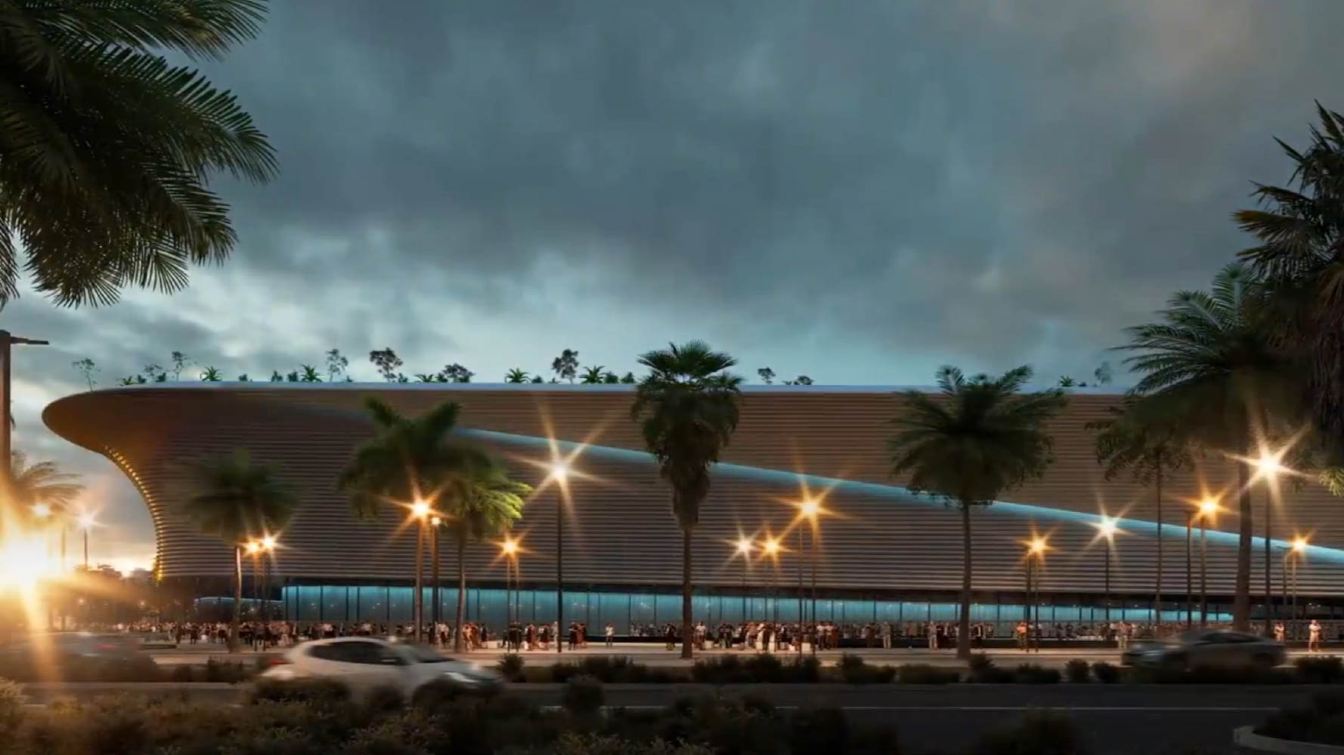 ©
© 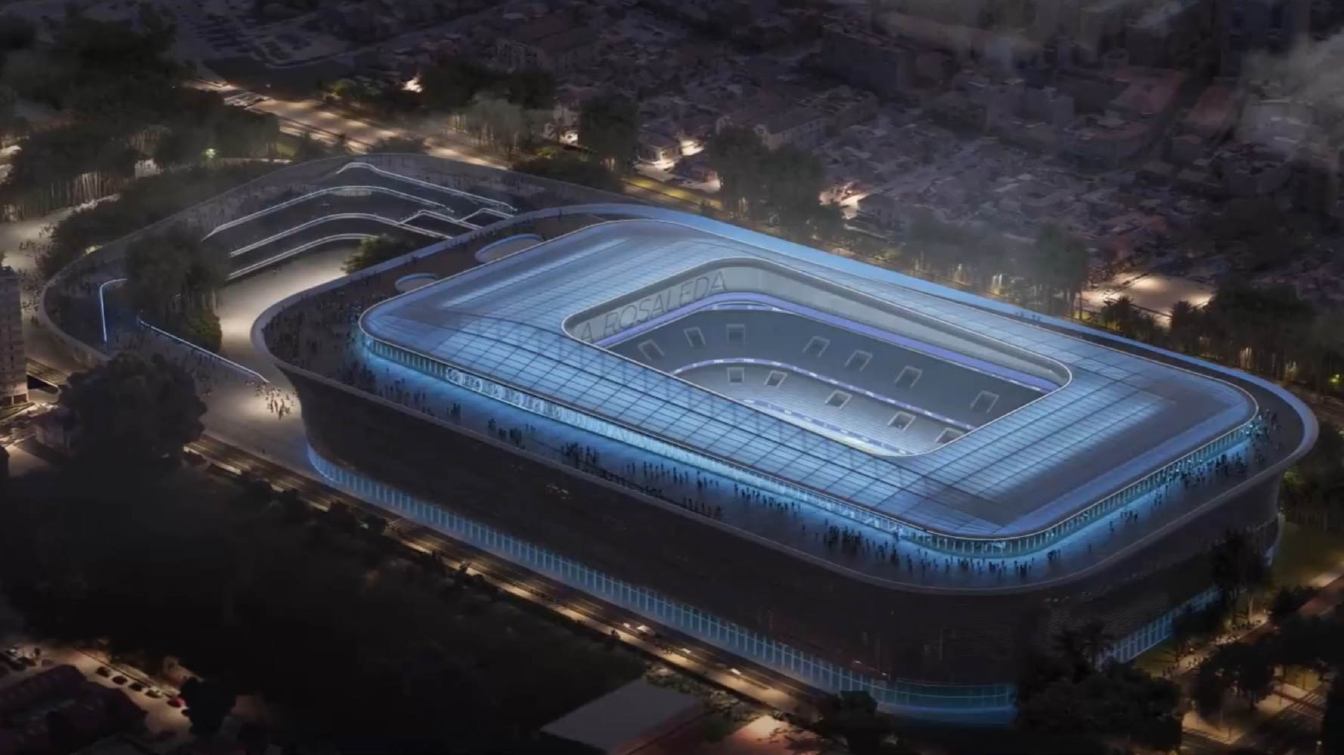 ©
© 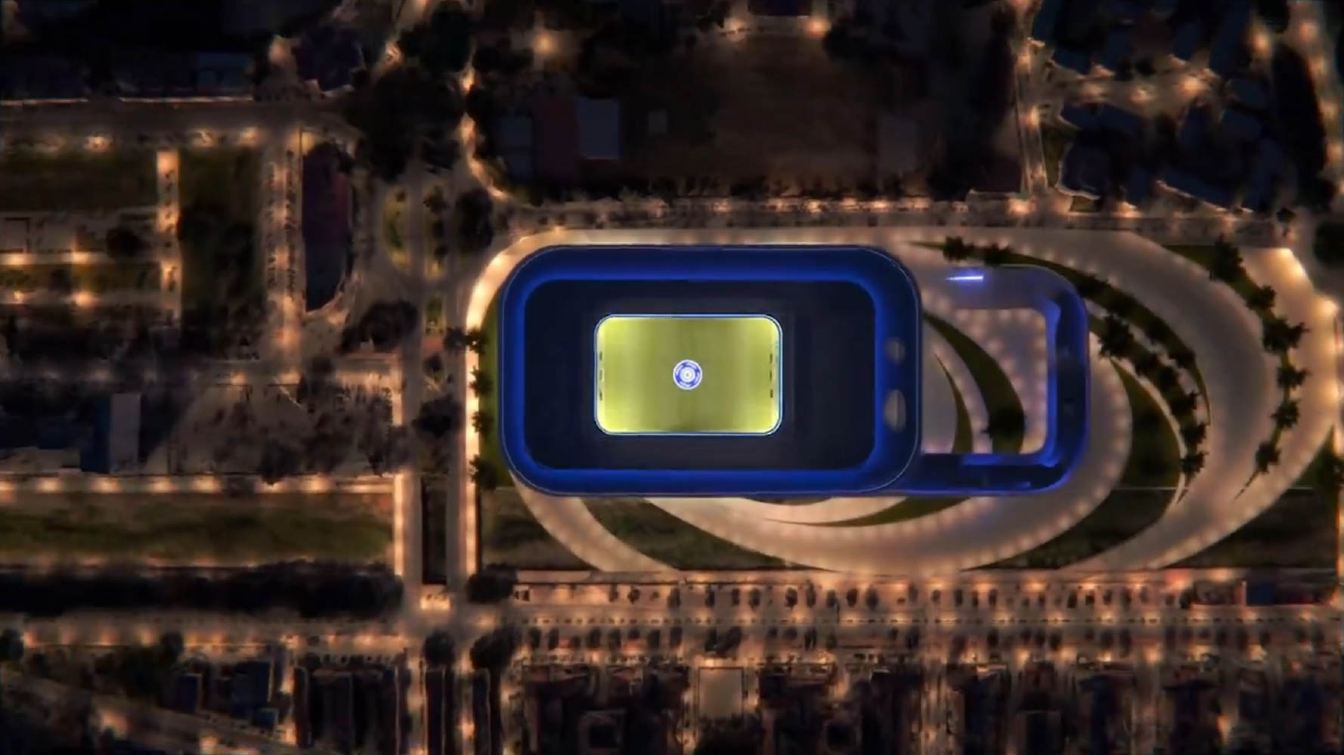 ©
© 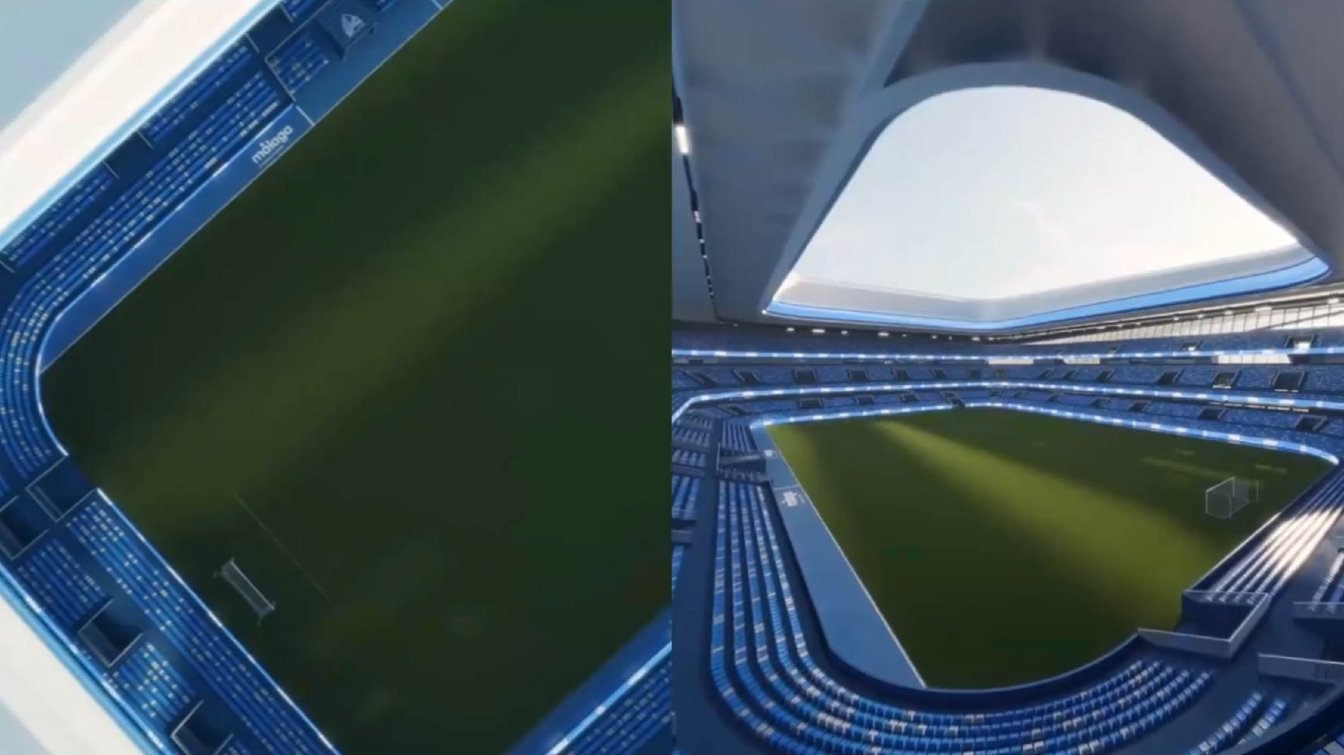 ©
©